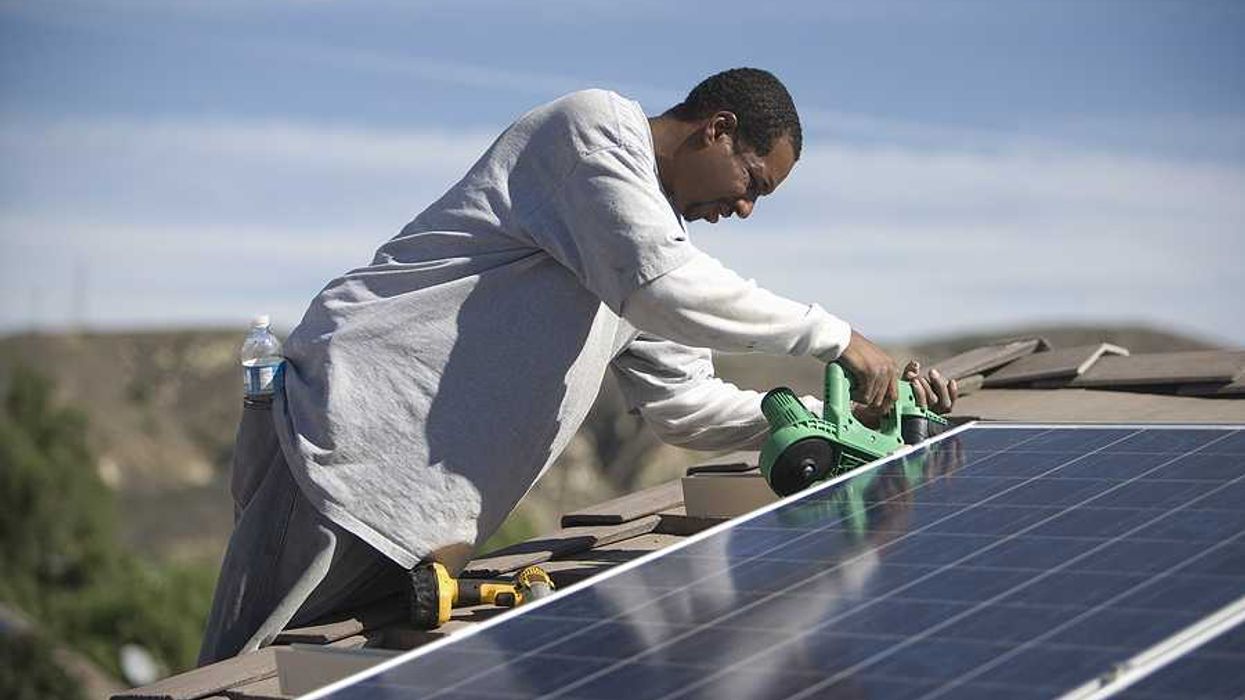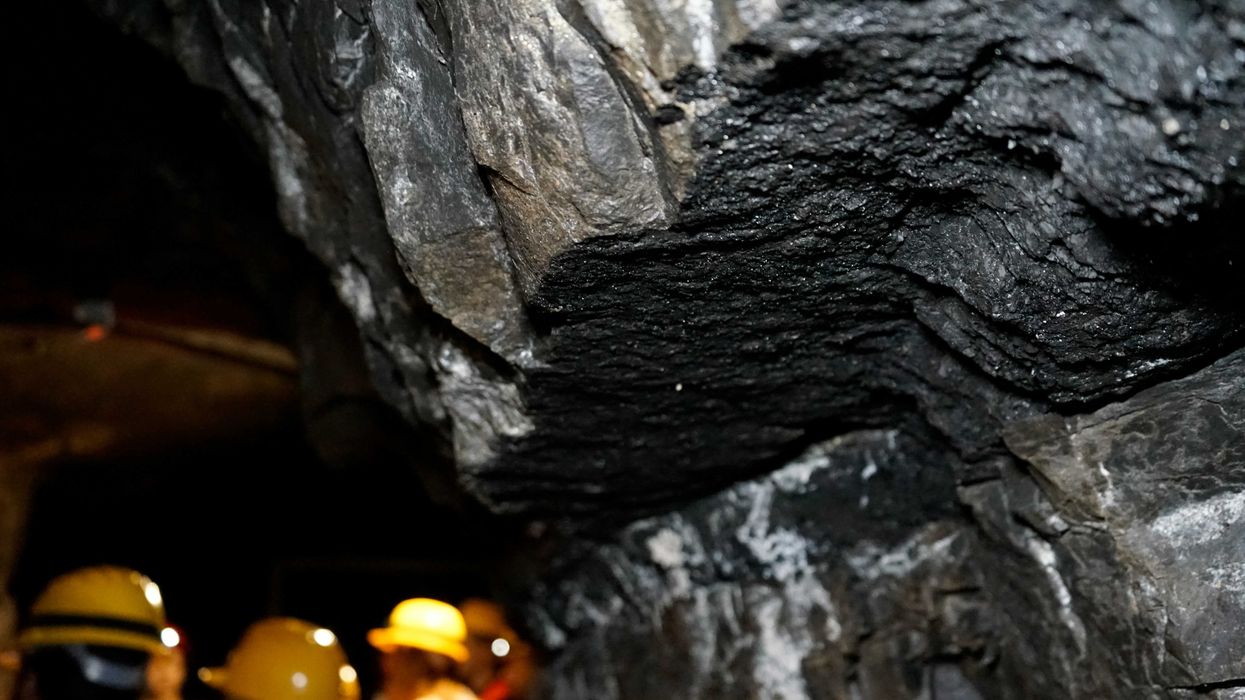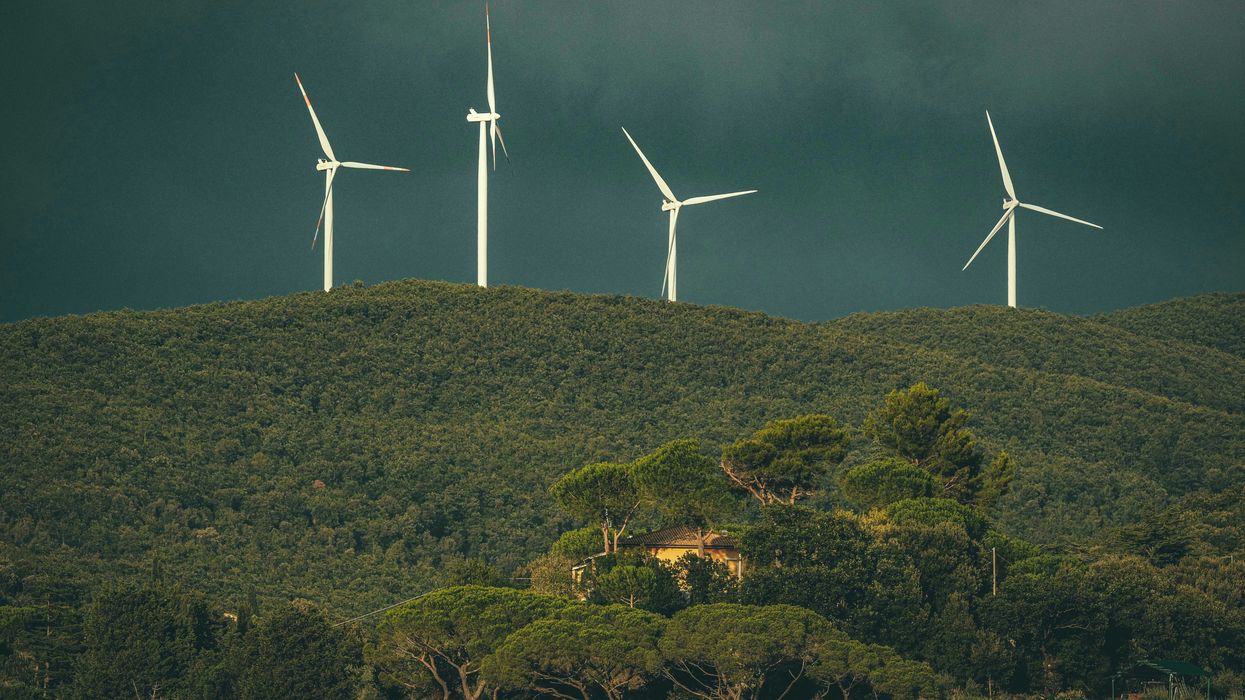As Brazil attracts billions in investment for new data centers, millions of people still face regular blackouts and energy shortages, highlighting tensions between digital expansion and basic electricity needs.
Thiago Lima reports for The Guardian.
In short:
- Brazil has 60 operational data centers and 46 more planned, driven by demand for cloud storage, AI, and streaming services.
- While tech companies expand their energy-intensive infrastructure, over 1.3 million Brazilians live with little or no electricity, particularly in rural areas.
- Experts warn that data centers’ high water and power consumption could strain Brazil’s grid, increasing the risk of blackouts and raising energy costs for consumers.
Key quote:
“If they are going to build data centers where people don’t even have access to power, the companies need to provide compensation.”
— Elaine Santos, researcher in energy poverty at the University of São Paulo
Why this matters:
Data centers are essential for the digital economy but consume vast amounts of electricity and water, often in regions already struggling with power shortages. Brazil’s reliance on hydroelectricity makes its grid vulnerable to droughts, and the rapid expansion of energy-hungry industries could deepen inequalities. Rural communities and low-income areas face frequent blackouts while multinational corporations secure stable power sources. With electricity demand projected to rise 30% by 2050, the country must balance technological growth with fair access to essential resources.
Related: States push new rules as data centers strain electric grids














